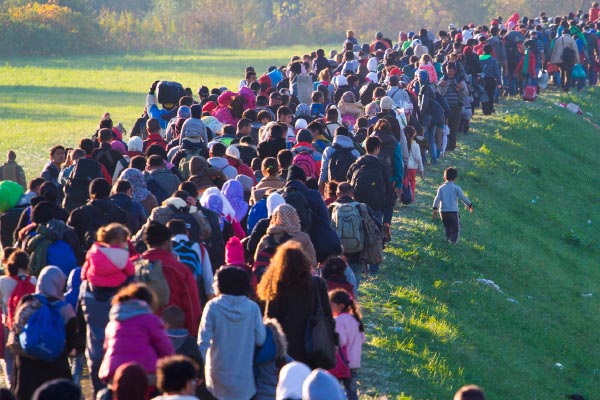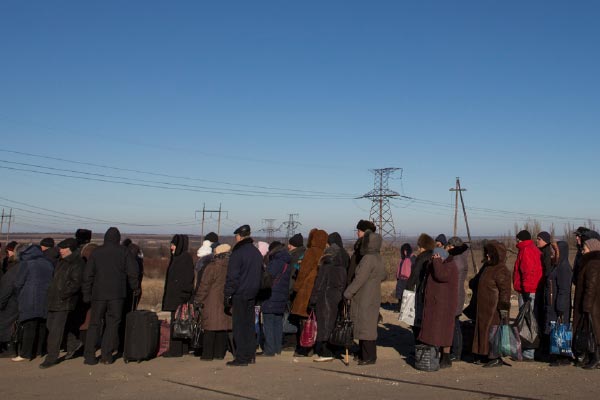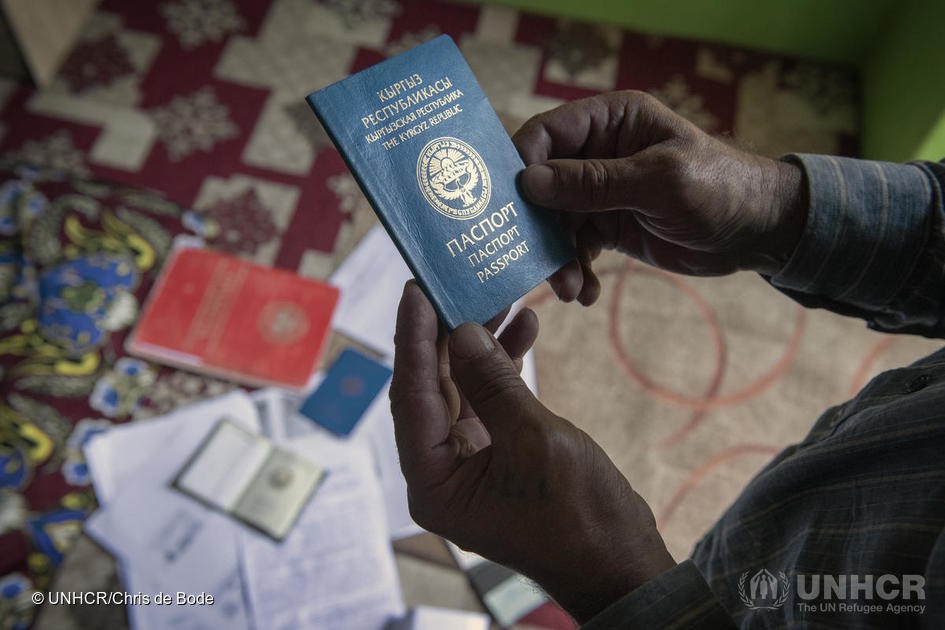Recommendations
Effective policy at national and international levels depends on the availability of good quality evidence and the analysis of data produced through official statistical systems. Official statistics, produced, trusted and used by national authorities, are in turn greatly facilitated by the availability of standards and practical guidance that aim to enhance quality and harmonization across time and different contexts. This is true for many topics, but it becomes critically important when the lives and livelihoods of vulnerable populations are at stake and historical gaps in standards and guidance are severe.
Until the development of the International Recommendations on Refugee and IDP Statistics (IRRS and IRIS), existing official guidance inadequately addressed refugees and internally displaced persons (IDPs). The lack of common standards and definitions led to the use of divergent concepts and to differences in official statistics produced by various organizations at national, regional and international levels on forced displacement.
Although more work is needed to further their implementation, the IRRS and IRIS provide critical guidance for countries, and regional and international organizations on how to produce official statistics on refugees and IDPs. The International Recommendations on Statelessness Statistics (IROSS) present a similar turning point for statelessness statistics.
Developed by the Expert Group on Refugee, IDP and Statelessness Statistics (EGRISS), each set of recommendations was developed through a collaborative process including contributions from statistical authorities of affected countries and international experts. Before their endorsement by the UN Statistical Commission in 2018 and 2020 respectively, the IRRS and IRIS were also subject to a formal global consultation whereby all UN member States and other experts were invited to review.
To read more about each set of recommendations click on the images above.
Implementation examples
Since the International Recommendations on Refugee and IDP Statistics have been endorsed, there is growing momentum around their implementation at country and institutional levels. As part of its activities, the EGRISS is continuously mapping implementation examples in order to learn from country experiences, assess best practices, inform capacity development priorities and improvements to the Compilers’ Manual, and foster peer-to-peer learning among EGRISS members. If your country or organization has examples to share, please get in contact.



